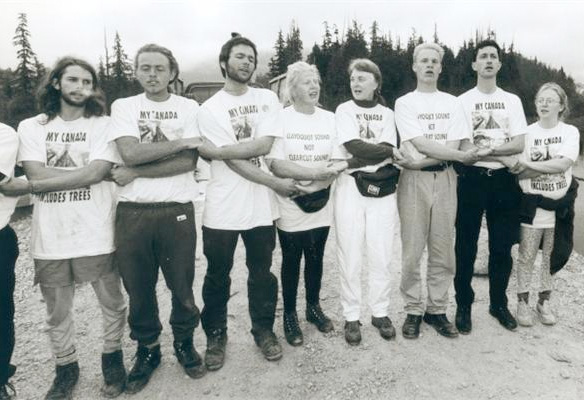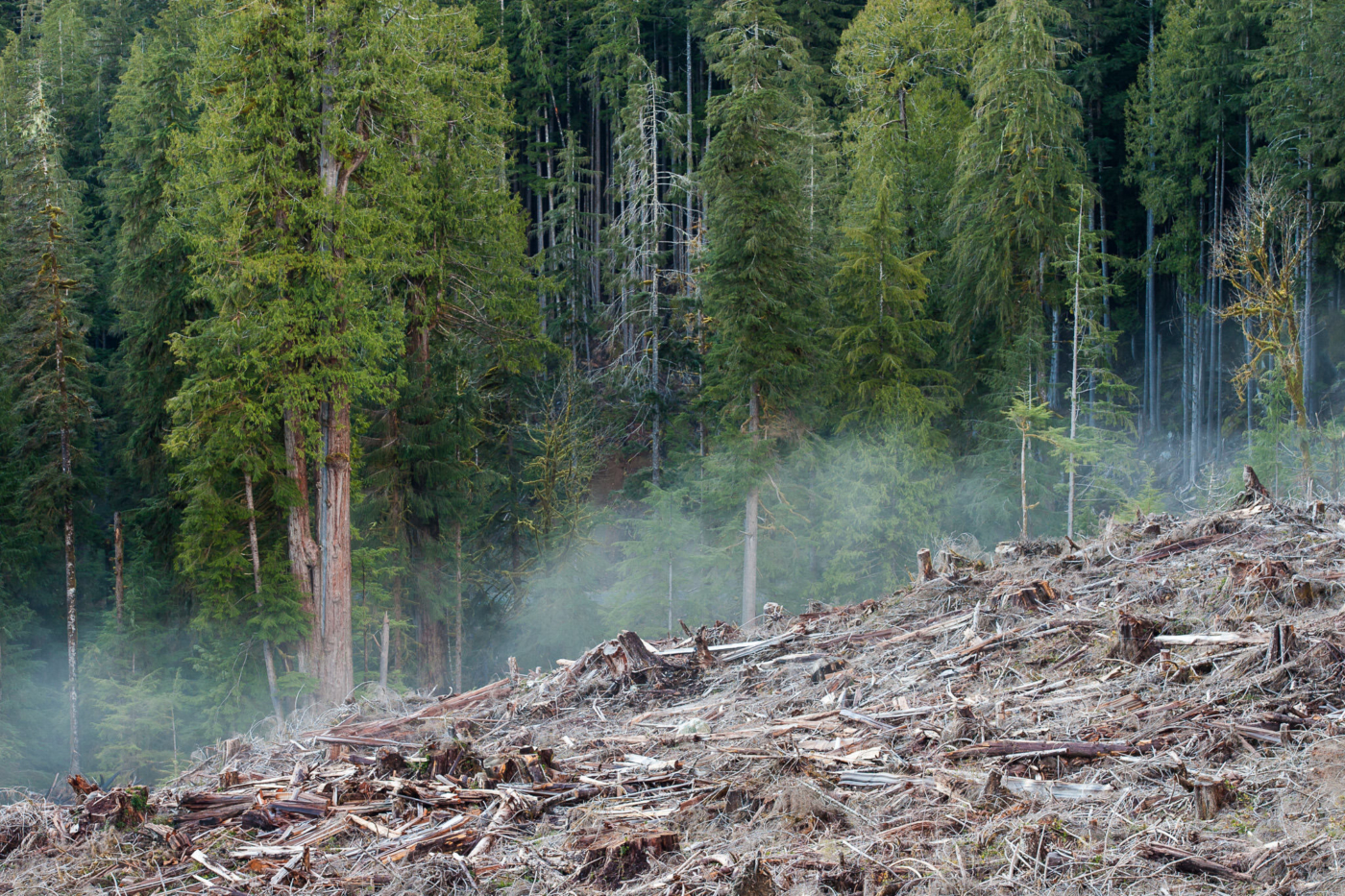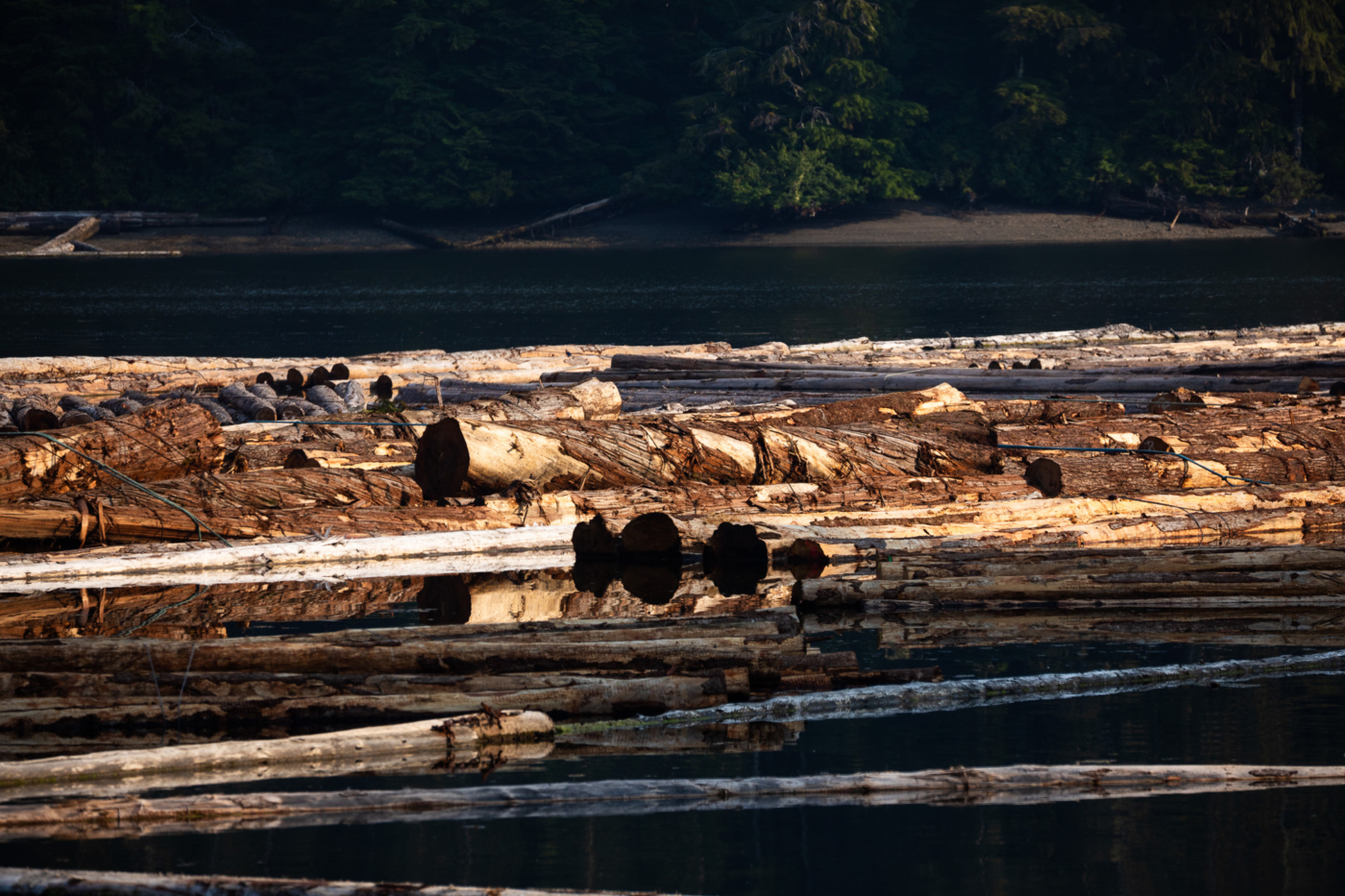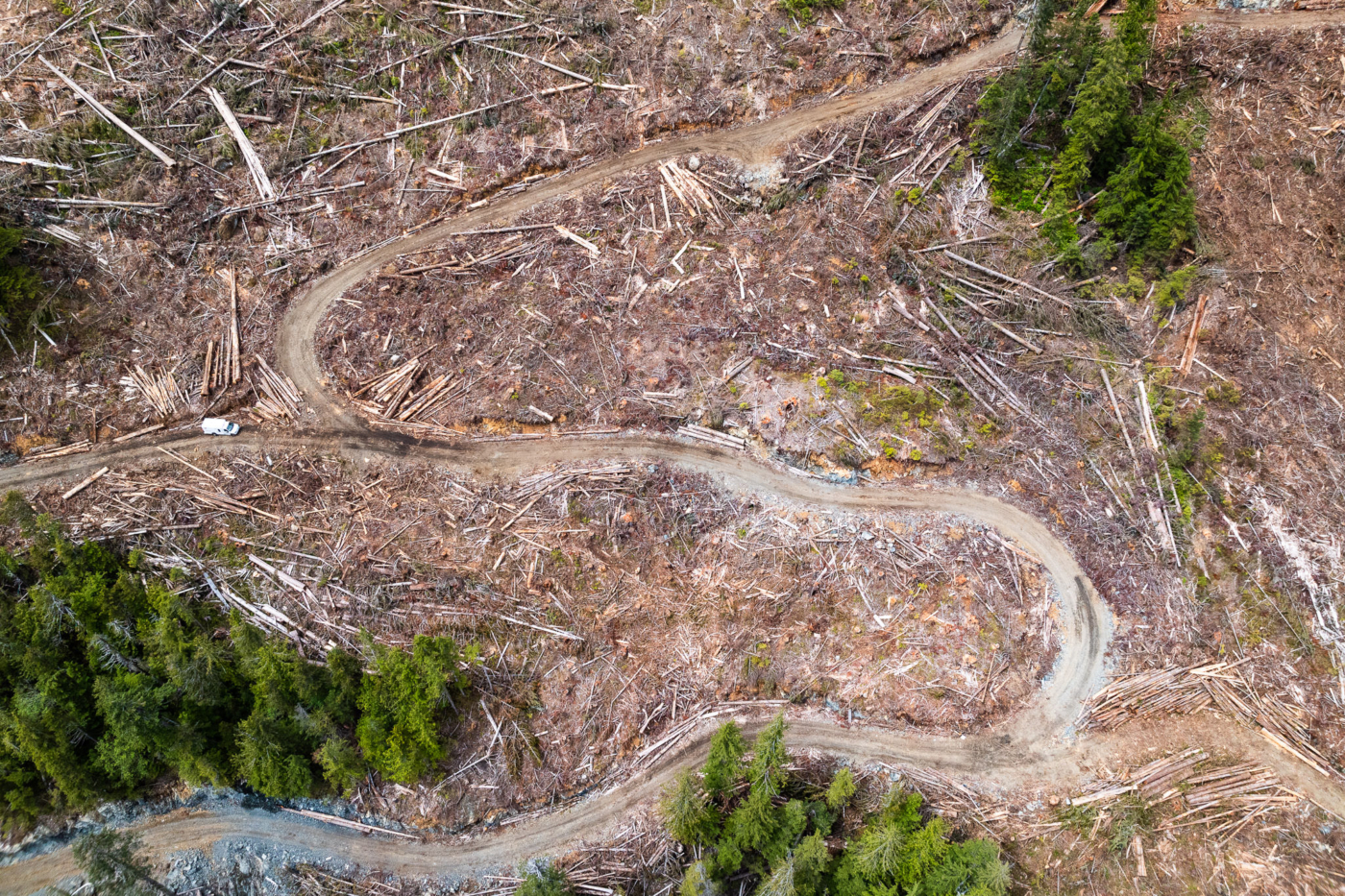 Aug 11 2013
Aug 11 2013Clayoquot protest 20 years ago transformed face of environmentalism
It’s hard to believe, for me at any rate, that Friday marked the 20th anniversary of the mass arrests at Clayoquot Sound, an event that transformed the face of environmentalism and forced governments and corporations to start taking such concerns seriously.
The protests at Clayoquot Sound, which lies just off Tofino on Vancouver Island’s outer coast of pristine beaches, rugged coastlines, islets, inlets and tranquil sheltered coves, represented the coalescing of public objections to clearcut logging plans by corporations who were following government policy in majestic old-growth forests.
There had been sporadic protests from Haida Gwaii to Meares Island involving First Nations activists and environmentalists, but they were considered a radical fringe by government and routinely dismissed by media as nutty extremists, “tree huggers” and flakes.
However, at Clayoquot Sound, the protest went big and it went mainstream. People came from all over the country and beyond. Teachers, artists, musicians, university students and their professors, working folk, soccer moms, dentists, doctors and First Nations elders descended on the West Coast to put a stop to clearcutting by blockading a road.
What followed was the largest mass arrest for civil disobedience in the province’s history.
Twenty years on, perhaps it’s worth remembering what launched the protests — and what the protests launched.
For one thing, they represented a new approach to public protest over environmental issues.
Five months earlier, a couple of Tofino-based activists, Garth Lenz and Valerie Langer, took the principle of thinking globally while acting locally to heart. They got on a plane and flew to Europe to persuade international organizations in Britain, Germany, Austria and other countries that protecting at least a remnant of B.C.’s ancient rainforest was important.
And they next took their campaign into the marketplace itself, urging organizations to pressure major buyers to cancel contracts with B.C. suppliers of paper and paper products on moral grounds.
As history shows, it was a stroke of strategic genius. Major environmental organizations like Greenpeace International came on board. The Washington-based Natural Resources Defense Council and its high profile spokesman Bobby Kennedy Jr. took up the cause. The Australian rock band Midnight Oil flew in to put on a concert for the protesters.
Langer and other campaigners adroitly got the campaign branded the “War in the Woods,” polarizing debate into those who favoured mowing down the forests for industry and those who wanted to save an ecosystem from corporate greed.
Whether one agrees with this perception or not — and many in resource communities didn’t — it proved a defining wedge issue that made it easy for people to choose sides.
Eventually, the NDP government struck a special science panel to address the environmental concerns in Clayoquot Sound and, in 1995, all of its unanimous recommendations for resource and ecosystem management were adopted by the province.
Five years later, the entire Clayoquot Sound was designated as a global biosphere reserve by UNESCO.
But the tremors from the Clayoquot protests and the campaigns that emerged from them continue to shape our political landscape.
Fallout from the Clayoquot campaign continues to conflict the provincial NDP, which in 1993 had to choose between its blue-collar labour union roots and a new generation of young people concerned about green issues. The resulting rupture and subsequent migration of the disaffected to the Green party continues to plague it today.
Many of those who went to Clayoquot Sound as teenagers or students are now at the forefront of campaigns that seek to shape environmental policy on Alberta’ oilsands, pipelines across B.C., Canada and the U.S., tanker traffic, fish farms, mining ventures and protection for the boreal forest.
The market campaign strategies formulated to pressure government and business with respect to old-growth forests in Clayoquot Sound led to the campaign to protect the so-called “Great Bear Rainforest” on B.C.’s mid-coast, another example of shrewd branding.
The commercial salmon farming industry was forced to treat environmental concerns seriously when market campaigns were launched in the U.S. differentiating wild from farmed product.
And today there’s a pantheon of environmental organizations that are household names — Greenpeace, Rainforest Action Network, Dogwood Alliance, Natural Resources Defense Council, Living Oceans Society, Friends of Clayoquot Sound — which employ similar market-based campaigns from Brazil to the United Kingdom over everything from biofuels to logging of tropical hardwoods.
Among the individuals who emerged from the Clayoquot protests to take leading roles in helping shape and influence environmental policy at the international, national and provincial level:
• Tzeporah Berman, one of those arrested and jailed in 1993, went on to an international role with Greenpeace. She helped found ForestEthics and, in 2009, was appointed by B.C.’s premier to the Green Energy Task Force and granted an honorary doctorate from UBC this spring.
• Ken Wu, leads the Ancient Forest Alliance in seeking protection for B.C.’s biggest, oldest and most significant forests, an end to raw log exports in order to guarantee supply for B.C. mills and a re-tooling of those mills to shift their resource base from old growth to second growth.
• Chris Genovali is executive-director of Raincoast Conservation Foundation, which enables scientific research that supports conservation and protection of waters, wildlife and lands in coastal B.C. Its campaigns include ending the trophy hunting of grizzly bears, mapping marine bird distribution and abundance and protecting resident killer whales.
• And, of course, Langer, who’s now with the Canadian arm of ForestEthics, ForestEthics Solutions and still campaigns tirelessly to protect the boreal forest and the mid-coast rainforest and Lenz, who’s had a distinguished career as a wildlife and conservation photographer with an international reputation.
Agree with them or not, the graduates of Clayoquot Sound care about the world they live in. They were prepared to fight for it then — and they are still fighting now — and that has made Canada a better place.







